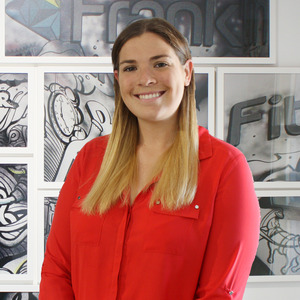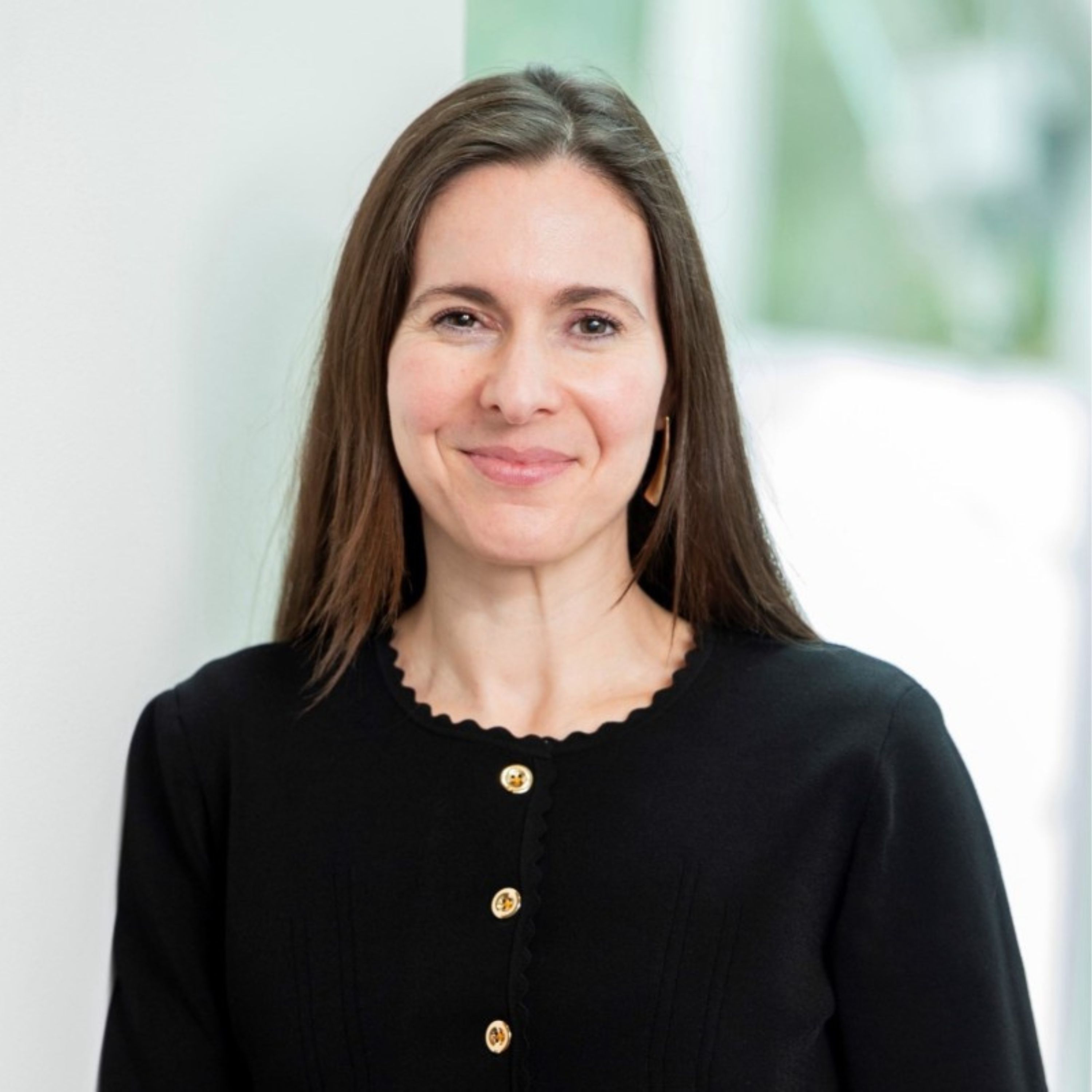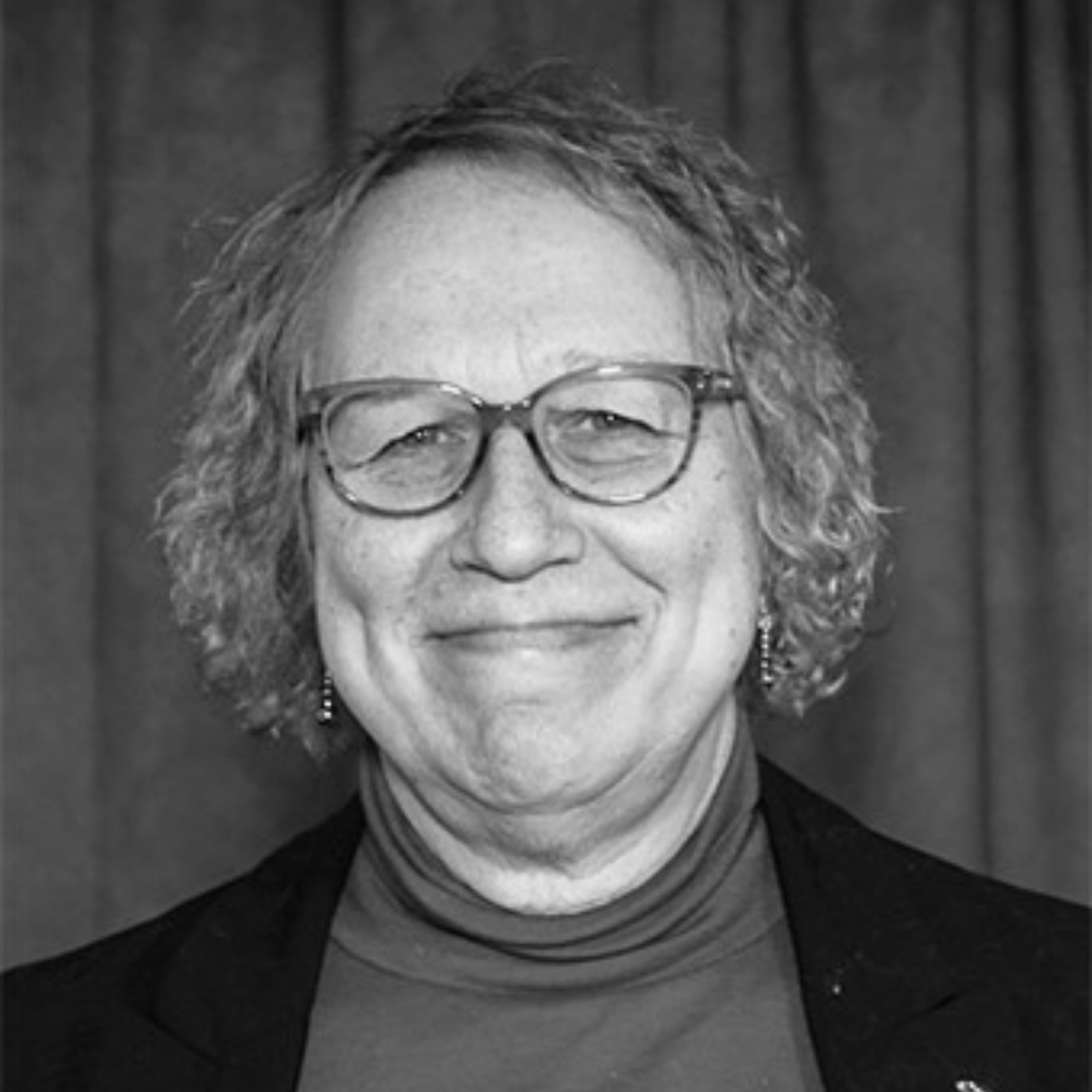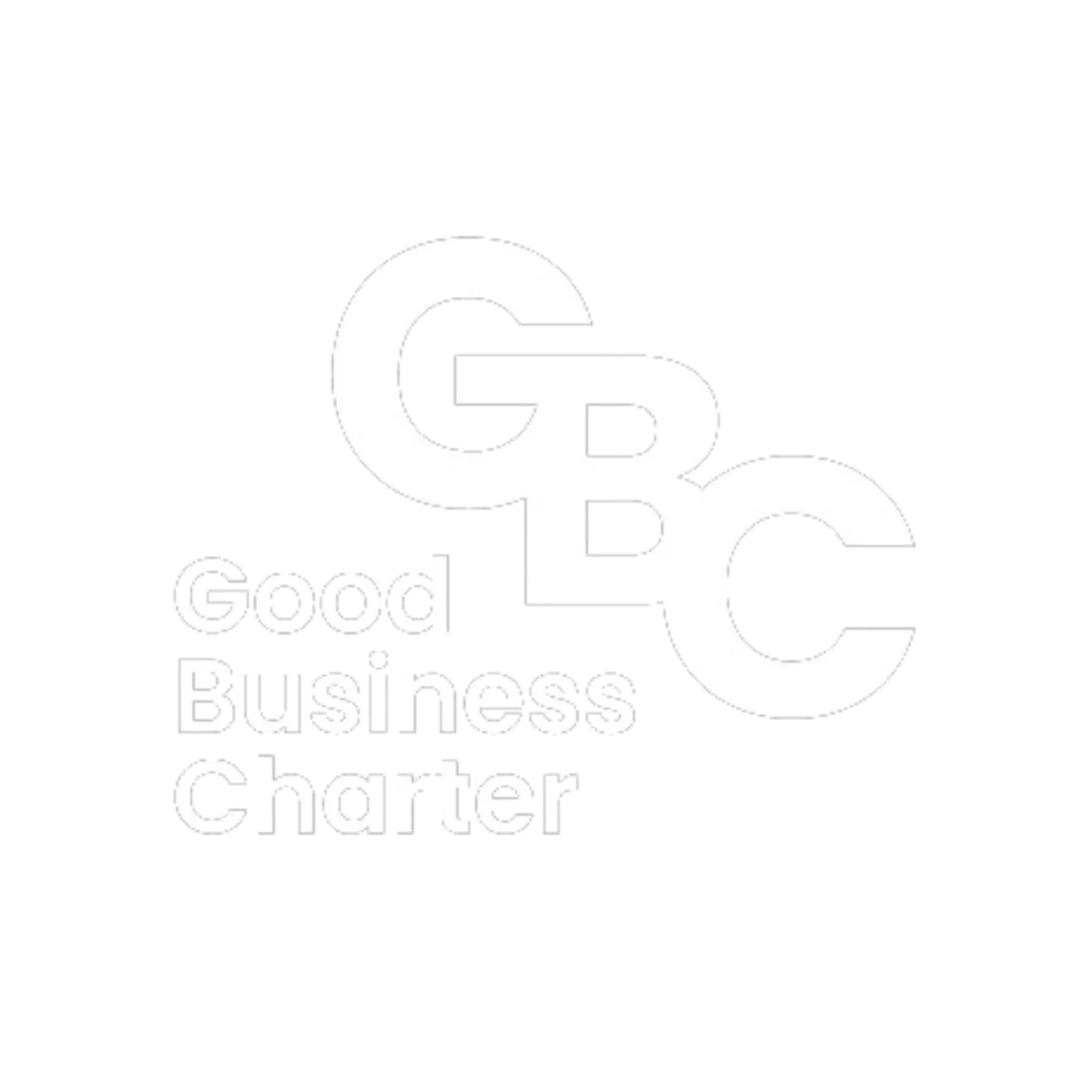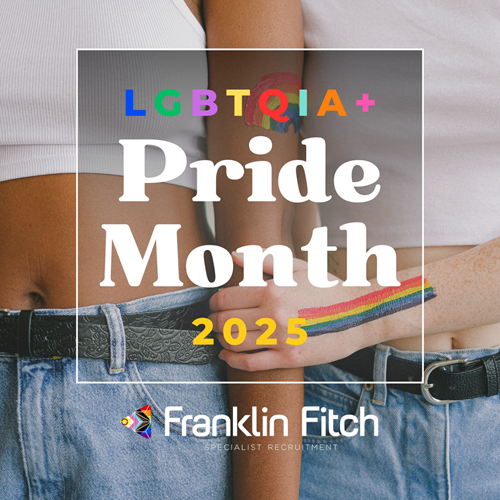
Black History Month: Spotlight On Flavilla Fongang
04 Oct, 20215 minutesMeet TLA Black Women in Tech’s Flavilla Fongang: The Award-Winning Serial Entrepreneur Chang...
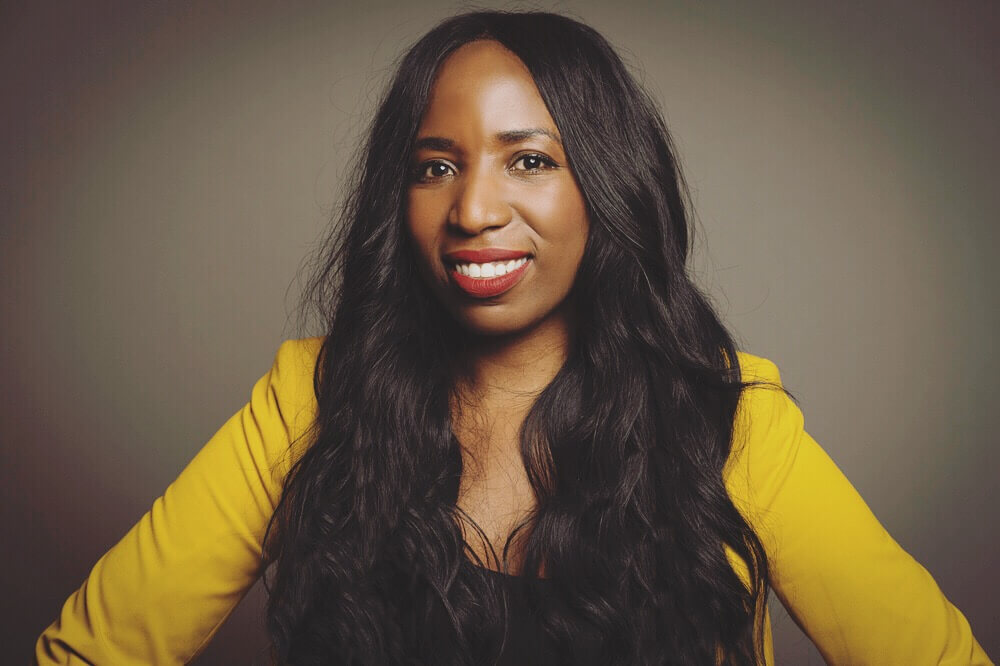
Meet TLA Black Women in Tech’s Flavilla Fongang: The Award-Winning Serial Entrepreneur Changing the Tech Industry.
Flavilla Fongang has established herself as a technology pioneer thanks to her continued dedication to increasing the number of black women in the UK Tech sector. One of the most prominent women on the UK Tech Scene, a world-renowned bilingual keynote speaker and an award-winning serial entrepreneur; Flavilla Fongang is shaping the tech industry whilst advocating for diversity and inclusion. Her acclaimed non-profit organisation, Black Women in Tech, is the 2nd largest organisation of the TLA group and is a global community dedicated to building bridges of opportunities in tech which supports and empowers black women to successfully launch their careers in the industry.
Before founding the BWIT initiative, Fongang created 3 Colours Rule, an award-winning creative branding and marketing agency enabling tech businesses to become market leaders, and is also the author of "99 Customer Acquisition Strategies." She has been the recipient of the ‘She’s Mercedes’ Businesswoman Award by Mercedes Benz, which she shared with Sheryl Sandberg, Facebook's COO. Computer Weekly named her the 2nd Most Influential Women in UK Tech, and Fongang was named the most influential businesswomen by LinkedIn.
But most importantly; Flavilla is extremely passionate about diversity and inclusion in order to ensure equal chances for future generations. In this interview we explore her background and journey into tech, whilst exploring critical issues revolving around diversity and inclusion within the technology industry.
Let's get started at the beginning, you are now one of the most influential black female leaders in the tech industry. But I'm interested to hear about your journey and what the driving force was that got you to where you are today?
It's a very good question. So, I'm going to go back to my birthplace. I was born in Paris, France. And that's interesting because when you and I think about Paris, you probably picture it as glamorous and lovely, with our Eiffel Tower and the Louvre. That was not the case for me. I was raised in a ghetto in Paris by a strong woman, my mother, as part of a family of five children. I came to London with only the intention of improving my English; nevertheless, I quickly fell in love with the city and realised there were many more opportunities. For me, as an ambitious person, Paris at the time was not as entrepreneurial as it is now, so I decided to leave for London.
I worked in the fashion industry, the oil and gas industry, and we were similar to the great hairdressers with bad hair. We take care of the people but not of ourselves. What several industries quickly realised was the need to stay focused; one of the drivers was technology. I recall reading a short story, from a BBC documentary about a young black girl who invented a device that allows students who travelled long distances to school to find their way home if they get lost. It was lovely, and I marvelled at how someone so small could come up with such a brilliant idea that could benefit so many others.
That's when we decided on a niche, and we went with technology because I felt it was a fantastic opportunity to build a scalable approach to engage with people that are game changers and who want to do things differently. I was used to being the only female or black female in the oil and gas sector, except when I went to African nations, but I realised that couldn't be right. Technology is so dominant in everything we do; we can't have not enough diversity when we are creating policy that affects all of us.
I then met Russ Shaw, the founder of Tech London Advocates, at a private lunch and one of the topics we discussed was how there would be a digital skills shortage. This was confirmed by Microsoft CEO Satya Nadella, who stated that by 2030, there will only be 440,000 unfilled jobs due to a shortage. I knew every company was going to be aggressively looking for talent- but where are they? If we haven’t put them through the pipeline, we are always going to have a shortage of talented black women. This interested me greatly and I decided to develop something to address it. Because I was certain that there were great black women out there, and even though I couldn't see them, I knew they existed. So, I started TLA Black Women in Tech with the intention of growing my network to 40/50 individuals. Fast forward to now, and we have just celebrated our second anniversary, with 1500 members, including both black women and allies, since the goal was not to be exclusive, but inclusive to all.
Well, that's very interesting because it goes to one of my next questions; you've worked in the industry for many years and in a multitude of areas and forms whilst collaborating with a wide variety of organizations. Do you believe businesses are doing enough to promote diversity and inclusion? Do you believe they aren't genuinely educated or scared to act because of the potential backlash?
Well, there's a little bit of both; there are those who are doing something about it, and then there are those who aren't, because they don't consider the commercial element of diversity. For me, I've always seen that because my team is extremely diverse, around 80% are female but from all sorts of background. I believe we've always enjoyed the idea that we all come from various backgrounds, and in the creative industry, we thrive on our diversity. So, in order to come up with great new ideas, it's critical for me that we don't think the same way. However, I believe that in the IT industry, people think in terms of "I need someone who can perform the job," and that is what concerns me. Once they realise that they need to think about diversity, it’s too late and they have hired 200/300 of the same employees. When it comes to diversity in businesses: some people are doing nothing, some people are doing something, some are uneducated, and some do fear backlash and pushback.
What people need to realise is that we all have unconscious biases, and we all need to be able to understand what they are, so we can do better. It's so interesting, I was at an event on Monday, where Hillary Clinton was talking about her journey. She was sharing how, when she was a lawyer in office she would send an email to some of the partners, with just the initials HC, for Hillary Clinton, and even the president responded to it saying "I don't know if you're a man or a woman, but if you are a man, make sure you put a picture of your family on your desk, and if you are a woman take them off."
With men the perception is you are reliable because you have a family and you care about your job but, if you're a woman, it means that you're seeing this as a distraction. How crazy is that? Obviously unconscious bias is what we think about when we hire someone, and that's what we're dealing with in today's society and tech industry. I think that behind Black Lives Matter, some things have changed, but I think people also viewed it as a trend, and have now forgotten about it. A lot of people don't know what to do and need to realise that if you want to attract talent, be more specific in terms of where you look. There's nothing wrong with advertising positions on Indeed and other similar sites, but if you're seeking specific skillsets, check out diversity event networks and initiatives that specialise in identifying diverse talent; these may be quite helpful.
Companies are now realising that having a more diverse workforce is a major driver of creativity and innovation. What do you think in the companies in the tech industry can do to make it more inclusive to black women and other minorities?
It's been shown that companies with a more diverse workforce perform better and have recognised the commercial value of diversity, as opposed to those who haven't figured it out or simply don't care.
It feels like we keep having the same conversation and the answer is: there are many different options in terms of how you present your brand and what you can do internally to not only attract but also retain your diverse employees. As a black woman, I just now realise the number of invisible barriers I've encountered, which not only drove me to create my own company, but also taught me that being brilliant at what you do isn’t enough. For example, when I receive an email stating that someone has been promoted, I think to myself: I wasn’t even considered for the position. You need to be visible, and you need to do more than simply be great at what you do. What motivates you to create a personal brand? Why are you out there trying to build internal relationships with people?
One of the mottos of Black Women in Tech is to ‘inspire, educate, and create opportunities to support female entrepreneurship and mentorship’. Whilst this growing network is having such a big impact there's still a long way to go. How can we encourage more women, especially minorities, to get into the industry?
There are different things. From a company point of view, be vocal about it. Encourage and involve women from diverse backgrounds, but don't hire a black person to represent everything about diversity. Be very transparent about how you do it because I've seen numerous firms do the same thing where they hire diverse candidates purely to tick a box. From a black woman's viewpoint, and as I usually tell them, we've heard so many ‘No’s’ that you stop trying at some point, but I'd say keep persevering and putting yourself out there. Women in general, not just black women, do not boast about their accomplishments enough. I'd advise you to brag a lot about what you do. People will not notice you performing your job until you say anything, and they may take you for granted. So don't be scared to put yourself out there and tell the world what you're up to.
We were doing an event and one of the top senior leaders, a black woman said: “Sometimes, when an opportunity comes to the table, different candidates from within the business put their CV forward and if we look at your CV and don't even know who you are- forget it. You’re not getting the job. Who are you? Who is this person? If they have never heard of you and have no idea who you are- you're never going to get it.”
Developing external relationships outside of your department is just as important as building internal ones if you want to be recognised. I've had a number of chances come my way as a result of individuals speaking up for me when I wasn't invited to the table. That is why I refer to allies as being external. Allies can be black woman, white men, asian women, or anybody else who can help you develop strong relationships with individuals who can speak up for you and say, "I want this person to work on this project for me." This has occurred several times and is quite powerful.
Looking back on your career, you've undoubtedly navigated yourself through many various positions, sectors, and countries. There must have been many highs and a few lows. What is one piece of advice you wish you could have provided to younger Flavilla or the future generation of leaders?
One thing I would recommend is to find a mentor as soon as possible; it makes a huge impact. I had never worked for another agency before starting my own, and I made a lot of mistakes. I usually tell people that you either win or you learn; one or the other. For any person out there, consider where you want to go. I believe that having clarity in terms of where you're going is important, and if you don't know, then explore and be open, be curious, and ask as many questions as you can in terms of where you want to go.
When you've decided what you want to pursue, identify a key player in the industry and ask them to mentor you. For example, if you want to be a top coder, a top developer, or whatever it is, locate someone who is the greatest in their industry. Although obtaining Elon Musk or Mark Zuckerberg may be difficult, there are other exceptional individuals in the industry. I'll add that while you shouldn’t offer openly, "Can you be my mentor?” always say, "Can I take you to lunch?" Because everybody loves food! Or, perhaps, “Can I do an interview with you?” which would be a fantastic opportunity for them to get to know you more naturally and give more guidance. When you've established that relationship, you'll be able to ask for mentorship.
What has been the most difficult challenge you've experienced in your career? And how did you overcome it?
It's a very good question. You know, it's funny, I’m often underestimated, but I enjoy it. I love to prove them wrong. I'm lucky that in the job I'm fully fulfilled, and I love what I do. I always say to people, everybody deals with imposter syndrome, we all have it. It's all about how you handle it. I don't look my age, and when I walk into a board meeting with a bunch of white males who are wondering to themselves, "Is she going to make the coffee?" No, you'll be listening to me, which is a lot of fun. I don't mind being underestimated. Probably one of my favourite phrases is “If nobody in the room looks like you, you were supposed to be here”, which I say all the time. Who else is going to change the narrative about what it means to be a woman or a black woman? If nobody's in that room looks like you, you are meant to be there for everybody else who looks like you.
Show them and help them in changing their ideas about how they think and what they believe. And that's critical. I basically have a "I don't give a damn" mentality; I do what I'd do, and if it works, it works; if it doesn't, it doesn't, and I'm not ashamed to share my failures. I believe it is an aspect of learning that occurs every day and in every moment. If you don't face certain obstacles, you'll never grow and evolve as a person.
You've built an award-winning agency, launched a global tech initiative, been a key-note speaker at some of the world's most prominent events, and have won numerous accolades, so I'm sure this question will be tough for you to answer. What has been the pinnacle of your professional career? Is there a specific one, or is it a combination?
Writing a book called "99 Strategies to Get Customers" in my non-native language was definitely my professional highlight, and I'm glad it was well received. The second pinnacle was that when I first started my career as a speaker, one of my marketing team members booked me for an event in Budapest. I forgot to ask how many people will be attending and I didn't confirm which stage I'd be on ahead of time.
They put me on the first stage. I wanted to view the room before but was told: 'No, we'll be coming in five minutes early.' They brme on five minutes before I was due to start, and it's this huge, gigantic movie theatre room. It was so intriguing because when you walk in, you can't see the room until you're already inside. And as I turn around to face the front, there are 5000 people there, and this was just my third talk. It was at that point that I realised I had two options: I could go back to my hotel room and my career as a speaker is over, or I could go ahead and do it.
I had controlled my imposter syndrome and just do what I'm here to do; what’s the worst that can happen. And I did that. And after that, the rest of my career has just been full of great, amazing stories and I've had a lot of fun. I always say to people the most beautiful things in life happen when you step outside of your comfort zone and do things you've never done before. Its imperative to stay curious, and explore fields you've never explored before. At the end you will feel so fulfilled.
Well, this takes me to my final question. I just want to talk to you about the decision to create Black Women in Tech. As a black female in the tech industry, what was your hope when you first started that what you wanted to achieve? And now that it’s grown so exponentially- what does the future hold?
As I already stated, my mother was my sole black female role model when I was growing up. When I initially arrived in London and turned on the television, one of the first shows I saw was EastEnders, which made me believe that anyone can be an actor in this country.
It makes me laugh, and the concept behind it was that my mindset had completely changed as back in France, my main ambition was to be an assistant manager. My guidance counsellor in school had recommended for me to pursue a career as a secretary. Fortunately, I did not listen to her, but today's society leaves young people with a lack of aspiration because they do not see enough individuals who look like them.
I feel that Black Women in Tech evolved naturally as I saw that black women in the industry would progress through their careers with no one listening to their stories. The goal of Black Girls in Tech is for women in the field to be able to share their experiences while also motivating the next generation of black women in technology. We want to concentrate on bringing the technological agenda ahead rather than focusing just on diversity.
It was also to just change the narrative about how black people are perceived in the business by demonstrating that there is opportunity for more of you. When you talk to talented women, they often say things like, "I thought I was a unicorn, but there are more people out there just like me." If you watch Kung Fu Panda, one of my favourite cartoons, you'll notice that when he comes, he thinks he's the last panda left, but he discovers a slew of other pandas. It's amazing and fulfilling to feel like you've finally found a place where you can be yourself and understand yourself from a new viewpoint.
Black Women in Tech was created to provide chances, to develop and build bridges of opportunities, and truly form a technological community and this is because there are so many great people as allies. So, I don't breed black woman, but I can inspire the next generation.
A huge thank you to Flavilla Fongang for dedicating her time to speak to us for this interview. If you were interested in getting involved with TLA Black Women in Tech be sure to check out their website.
